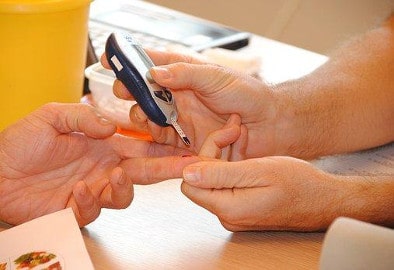-
Location: New Jersey DWI Lawyer 609 Main St. Toms River, NJ - 08753
-
Phone:
201-214-4444
732-282-1394 (1DWI)
This is not legal advice. Consult with a licensed attorney for advice as to a specific legal matter.
A previous article discussed two aspects relating to challenging a DWI case in respect of the conditions relating to blood samples used for blood testing. It is common in DWI investigations that the results of an analysis of the blood are preferred by the State as evidence. In the previous article aspects of blood collection and storage were discussed as issues. This article will discuss two more issues that can sometimes be used to challenge a blood sample taken as evidence in a DWI case.
Firstly, it is important to note the legal requirements in respect of the integrity of the blood sample taken to be tested and used as evidence in a DWI case. The law requires that the integrity of the blood sample be maintained from the collection of the sample to the analysis right up to the reporting stage of the results. As previously noted the procedure of drawing blood is a sensitive medical procedure necessitating a medical professional. Further, it was previously noted that the storage of the blood sample is of utmost importance in the determining of an accurate total amount of alcohol contained in a blood sample.
Another important aspect is the testing of the blood sample. Most forensic laboratories involved in analyzing blood specimens for alcohol in behalf of law enforcement use a procedure involving a machine known as a gas chromatograph. In most cases the way in which the equipment is employed results in a “presumptive determination of alcohol as opposed to a confirmatory method specific to alcohol”. As a result of the method employed, compounds may respond to the method of detection in a way similar to alcohol thus providing a false measurement in respect of alcohol. Depending on handling and storage, there can be an issue as to whether the alcohol being measured was originally present in the person’s veins or whether the alcohol being measured is as a result of fermentation due to methodology and any delay before the analysis took place.
It must be noted that most forensic laboratories are reporting the results of analyses without having scientifically determined the actual rate of errors involved with their own process. The failure to determine the total uncertainty or amount of error associated with a laboratory’s methods raises the question of whether the results are scientifically sound or if the procedure is valid. For most laboratory accreditation organizations it is now a requirement to ascertain and report the range of uncertainty associated with laboratory methods. The process of determining this is complex and requires that the laboratory to be continually assessed in order to ascertain, update and maintain that determination. Such issues materially implicate the question as to the validity of blood alcohol concentration levels reported on by law enforcement forensic laboratories.
It must be noted that an alcohol blood test does not always lead to an accurate result. For a DWI lawyer in NJ seek out a law firm that specializes in DWI cases. We are a top NJ DWI defense law firm in NJ.


